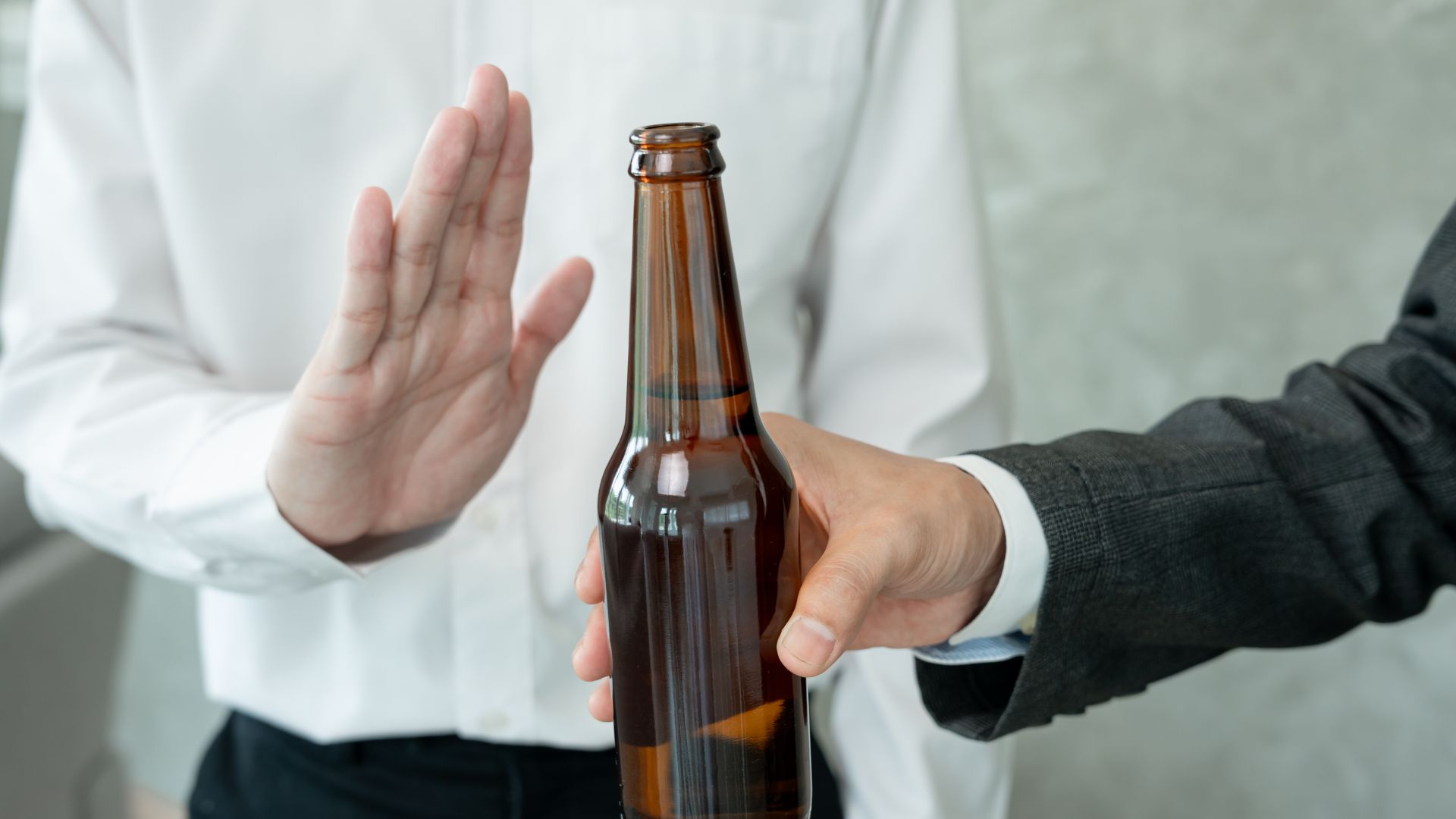Excessive alcohol consumption is a leading public health concern in the United States, as it contributes to thousands of deaths annually. Beyond these staggering statistics, heavy drinking can increase the risk of health issues and accidents. While some people aim to quit entirely, others focus on drinking less to lower their risks.
This article contains proven strategies that can make cutting back on alcohol more realistic and sustainable.
Set Clear Goals and Make a Plan
One of the first steps in reducing consumption is to define your personal “why.” Whether it’s improving physical health, saving money, or strengthening relationships, having a clear reason makes change more meaningful.
It’s also important to decide how you will approach reduction. Some individuals choose to cut back gradually by limiting drinks per week, while others may prefer to stop altogether. Experts recommend creating a written plan that includes measurable targets, such as limiting consumption to weekends or setting a maximum number of drinks per occasion. Tracking progress in a journal or app helps identify patterns and adjust goals as needed.
Identify and Manage Triggers
Alcohol use is often tied to triggers such as stress, certain social settings, or daily routines. Managing triggers begins with awareness. Once identified, you can prepare strategies such as:
- Avoiding gatherings where heavy drinking is expected.
- Practicing stress management techniques like exercise or deep breathing.
- Replacing after-work drinks with healthier routines, such as cooking, sports, or hobbies.
Practical Tips for Cutting Down
Simple, evidence-based strategies can make it easier to reduce consumption without requiring complete abstinence. Setting drink limits before social events, choosing smaller servings or lower-alcohol options, and alternating with water or non-alcoholic beverages are all practical approaches that help limit intake.
Many U.S. health organizations also recommend planning liquor-free days during the week to give the body time to recover. When these techniques are used together, they allow individuals to pace themselves, reduce overall intake, and avoid feeling deprived.
For those who struggle to maintain these changes on their own, professional support through alcohol addiction treatment can provide additional structure, accountability, and long-term strategies for success.
Build a Support System
Support from others can make alcohol reduction more achievable. Telling friends or family about your goals creates accountability and reduces pressure to drink in social settings. Some individuals benefit from joining peer-support groups such as SMART Recovery or Alcoholics Anonymous (AA), both of which are widely available across the country.
Professional support may also be necessary, as counselors, therapists, and healthcare providers can offer coping strategies, prescribe medications if needed, and help monitor progress. People who engage with structured support systems are more likely to succeed in reducing drinking habits.
Healthy Lifestyle Changes
Reducing alcohol use is often easier when paired with broader lifestyle changes. Regular exercise improves mood and reduces cravings, while balanced nutrition and proper sleep strengthen resilience against stress. These habits also support long-term health, which is important because excessive liquor use not only affects the liver but also weakens the body’s overall ability to recover.
Stress, a common driver of drinking, can be managed more effectively through practices like yoga, mindfulness meditation, or creative hobbies, providing healthier outlets for tension. Adjusting routines, for example, avoiding restaurants or social settings where drinking is the norm, also helps minimize temptation and reinforces healthier patterns.
Utilize Technology and Screening Tools
Digital technology has become a valuable ally in reducing alcohol consumption. Apps like DrinkControl or Sober Grid allow users to track their liquor use, set goals, and celebrate milestones.
Healthcare providers are also increasingly using electronic screening and brief interventions (e-SBI) in primary care and workplace wellness programs. These evidence-based tools identify risky behaviors and provide short, structured counseling sessions that have been shown to reduce harmful drinking.
Know When to Seek Professional Help
Not everyone can cut back on excessive drinking without support. Warning signs that professional help may be necessary include repeated failed attempts to quit, experiencing withdrawal symptoms, or facing serious disruptions in work, school, or relationships. When these challenges arise, seeking treatment becomes an important step toward recovery.
Evidence-based options include behavioral therapies as well as medication-assisted treatment with FDA-approved medications such as naltrexone, acamprosate, or disulfiram. Delivered through inpatient or outpatient programs, these approaches provide structured care that can greatly improve long-term recovery outcomes.
Final Thoughts from Ray of Hope
Reducing alcohol consumption is both a personal and achievable goal when supported by the right strategies. Setting clear intentions, recognizing triggers, adopting healthy lifestyle habits, and using available resources can help individuals take meaningful steps toward healthier drinking patterns and improved well-being.
At Ray of Hope, we provide compassionate, individualized alcohol addiction treatment in Columbus, OH, that goes beyond symptom management. Our programs focus on addressing the underlying causes of alcohol use and equipping individuals with the tools, support, and guidance needed to achieve lasting recovery.




